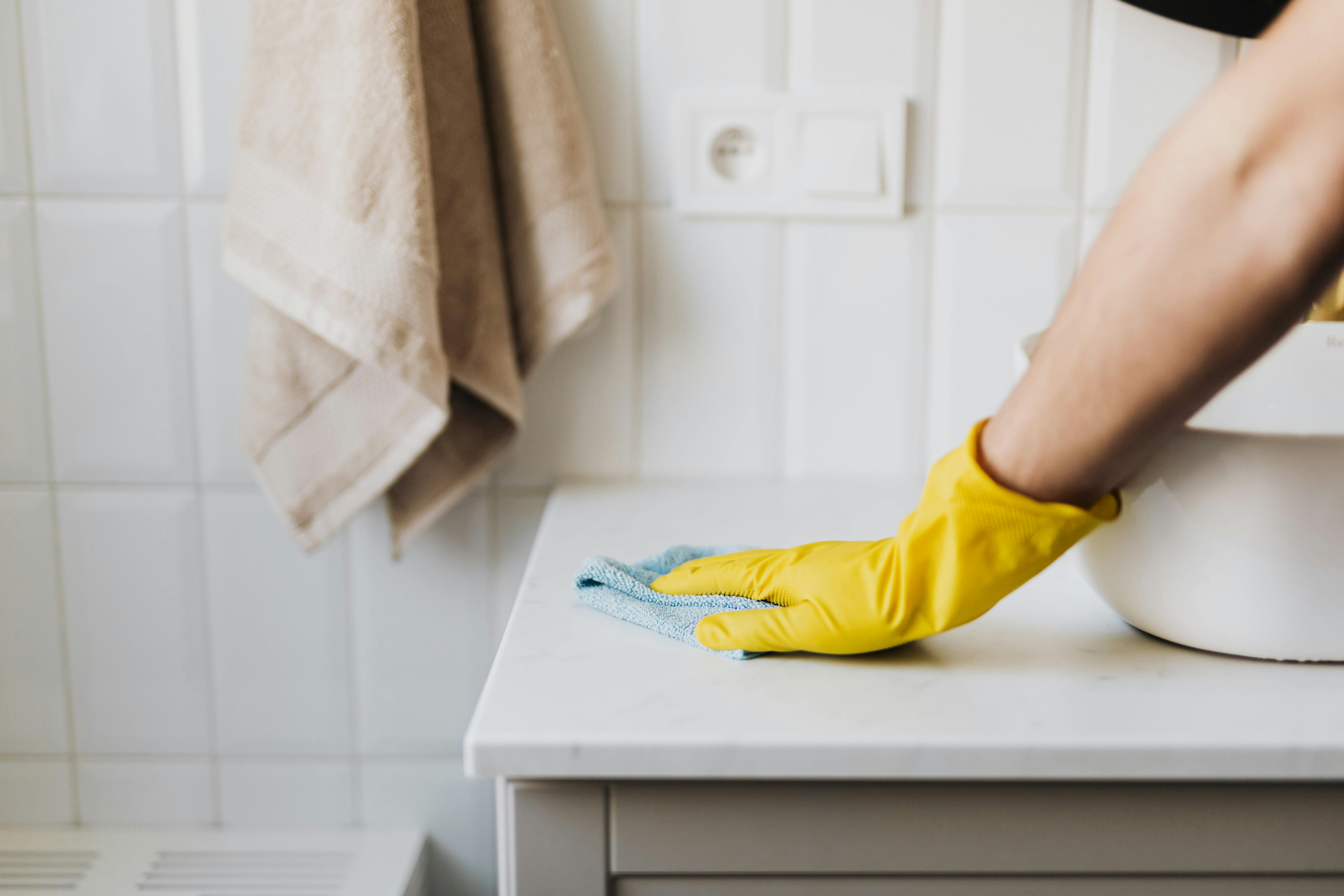HEPA Filters
Do HEPA filters restrict airflow? This is a question that plagues many homeowners. HEPA filters are high-efficiency particulate air filters, which can filter out particulate matter as small as one micron. But does this mean that they are too restrictive? Let’s examine this question further. How much airflow does a HEPA filter restrict? What are some of the benefits of an HEPA filter?
Home Air purifier with HEPA Filter
High-efficiency media filters, which fall on the MERV scale from one to eighteen, are generally best for filtration in small rooms. Because they are extremely efficient, they reduce airflow significantly. But this restriction only occurs when the filter is changed every 30 to 60 days. High-quality HEPA filters will require replacement every six to 12 months, depending on the amount of airflow they’re capturing. However, they’re worth the extra money if you suffer from allergies or have a serious respiratory condition, since they’ll significantly increase air quality.

Another type of high-efficiency particle-absorbing air filter is electrostatic precipitators. These air filters have several layers of filtration, which clean the air as it passes. As it passes through the filter, particles that are positively charged attach to the next layer. Once these particles have accumulated in the filter, they’ll remain trapped within the next set of layers. This will prevent them from getting through the filter. Because HEPA filters are so effective, they can be expensive and are not recommended for use in whole-house systems.
Do HEPA Filters Restrict Airflow?
HEPA filters are effective against 99% of particles, namely those larger than 0.3 microns. But the MERV rating of these filters is quite high, so they’d limit airflow. And furnace filters have a MERV limit of thirteen, which can damage them. That’s why they’re commonly used in medical and commercial settings. Most homeowners don’t need the extra money to purchase HEPA filters.
Whether or not HEPA filters restrict airflow depends on the type of filter. Pleated filters restrict airflow, which makes the HVAC fan work harder to push air through them. Plus, they can cause liquid to flood into the compressor, which increases static pressure in the HVAC system. In some cases, HEPA filters restrict airflow by about 20 percent. In any case, high-efficiency filters reduce airflow and reduce comfort.
In terms of surface area, the newer pleated filters are better than the older ones. The newer models are thicker, and the more pleats there are, the more air passes through them. And they are expensive. So if you’re worried that they’re too thick or too thin, get one with a higher MERV rating. A HEPA filter will help protect your health in the long run, and it’s a great investment.



Recent Comments